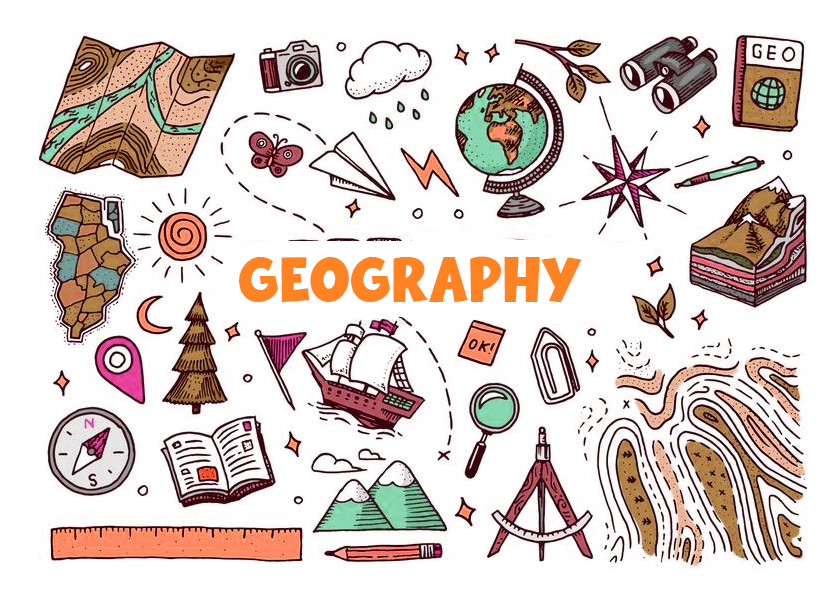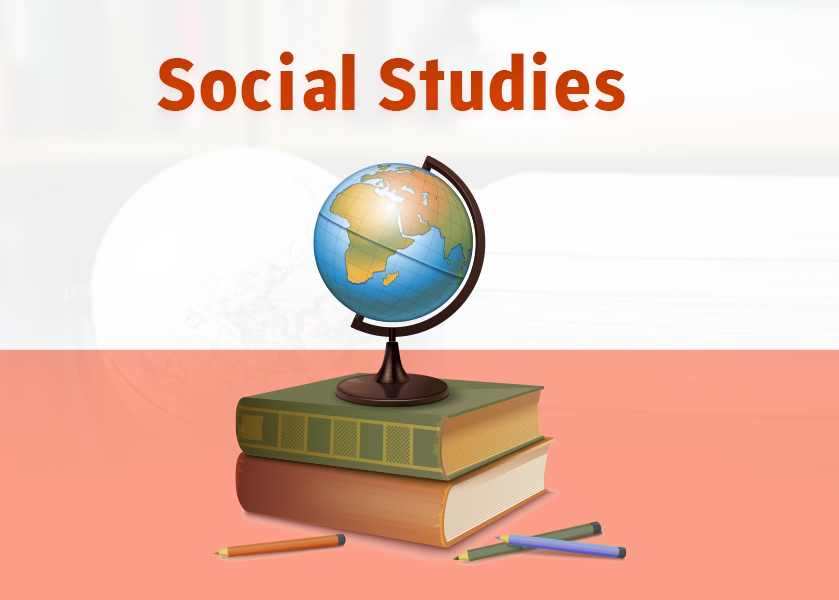Connect With Us

Connect With Us

Australian School Curriculum
We have researched the Australian education system thoroughly and developed a curriculum according to the Australian board, Victorian board and NSW which includes all the major academic subjects with proper practice and activities that would enhance learning.The Australian school curriculum is designed to ensure that students develop the necessary skills to succeed in life beyond school. It is divided into three levels: Foundation to Year 2, Years 3 to 6, and Years 7 to 10. The curriculum covers English, mathematics, science, history and geography.
- New South Wales (NSW)
- Victoria
- Queensland
Mathematics and Sciences
Mathematics
- Algebra
- Geometry
- Trigonometry Calculus
Sciences
- Biology
- Chemistry
- Physics
- Environmental Science
English and Language Arts
Develop critical reading skills, and explore
the meaning and interpretation of written
texts.
Learn how to write effectively, using
grammatical structures and rhetorical
devices to communicate your ideas with
clarity and precision.
Develop your ability to express yourself
clearly and listen to others, using language
effectively in a range of contexts and
situations.
Study the structure and conventions of
language, including vocabulary, grammar,
and syntax.
Humanities and Social Sciences

History
Learn about significant events and people from the ancient world to modern times.

Geography
Explore the physical and human geography of the world, and the relationships between people, places, and environments.

Social Studies
Examine the interactions between individuals, groups, societies, and cultures, and the patterns and structures of social systems.
Arts and Music
Art
Music
Programming and Computer Science
Programming Fundamentals
Learn the essential computer programming concepts, including algorithms, data structures, and coding basics.
Web Development
Study interactive web design, including HTML, CSS, and JavaScript, and learn how to create dynamic, engaging websites.
Game Design
Build 2D and 3D games
and gamify learning and
skill acquisition.
Extra Curricular Activities

Abacus
Abacus practice sharpens problem-solving abilities and boosts overall mental agility, making it a valuable tool for holistic brain development in learners of all ages.

Vedic Maths
Vedic Mathematics simplifies and expedites arithmetic and algebraic calculations. Its methods are based on sixteen sutras (aphorisms) and various sub-sutras, offering efficient approaches to solving mathematical problems.

Chess
Playing chess enhances cognitive skills such as critical thinking, problem-solving, and strategic planning. It improves memory, concentration, and pattern recognition.
Types of Entrance Exams in Australia
Australia offers various types of entrance exams for students intending to pursue higher education.
Selective School Exam
Selective school practice tests are mock examinations designed to help students prepare for entrance exams to selective schools. Selective schools are institutions that admit students based on academic merit, usually determined through a competitive examination process. These schools often offer specialized and advanced educational programs. They cover key subjects such as mathematics, English, verbal reasoning, and sometimes non-verbal reasoning. The purpose of these practice tests is to familiarize students with the types of questions they might encounter during the real exam, allowing them to practice and refine their skills.
NAPLAN Exams
NAPLAN stands for the National Assessment Program – Literacy and Numeracy. NAPLAN assesses students in four key areas: Reading, Writing, Language Conventions (Grammar, Spelling, and Punctuation), and Numeracy.
Grade Levels:
The exams are administered to students in the specified years, namely, Years 3, 5, 7, and 9. These years are chosen to assess students’ progress at key stages of their primary and secondary education.
OC Exam
The OC Exam is conducted to identify students who may benefit from placement in an Opportunity Class. These classes provide a more challenging and enriched curriculum to meet the educational needs of academically advanced students. Students typically sit for the OC Exam in Year 4, and successful candidates are offered placement in an Opportunity Class for Years 5 and 6. The program aims to cater to students who would benefit from a more accelerated and challenging learning environment. The OC Exam assesses students in areas such as reading, mathematics, and general ability. The content is designed to identify students with strong academic and problem-solving skills.
UCAT Exam
The UCAT is designed to assess a range of cognitive abilities, attitudes, and behavior considered important for success in medical and dental studies. It aims to provide a standardized measure to assist in the selection of candidates with the most appropriate abilities and professional behaviors for these fields.The UCAT consists of several subtests that assess different cognitive skills. UCAT includes sections on Verbal Reasoning, Decision Making, Quantitative Reasoning, Abstract Reasoning, and Situational Judgment Test (SJT).
Benefits of a Well-Designed School Curriculum
A well-designed school curriculum can prepare students to meet the challenges of the real world. It can help
students develop the necessary competencies for leadership, problem-solving, communication, teamwork,
and more. Schools with well-designed curricula can help students become more intellectually curious,
independent, and resilient.
Leadership Skills
- Develop strategic thinking and decision-making skills
- Learn effective communication and negotiation techniques
- Apply new knowledge in practical situations
Problem-Solving Skills
- Develop analytical thinking and problem-solving skills
- Learn how to identify and define problems
- Apply different problem solving strategies to various situations
Teamwork
- Develop inter-personal and communication skills
- Learn how to collaborate with others on projects
- Work as a team to achieve goals
Preparing for Entrance Exams
Effective preparation is key to gaining admission to top universities in Australia. This section provides
practical tips for students to prepare themselves adequately for these exams. By following these tips,
students can increase their odds of success.
- Start early and plan a study schedule.
- Get familiar with the exam format and questions
- Simulate exam environments and conditions to build endurance and minimize stress
- Get feedback and guidance from experts and peers
- Maintain a healthy and balanced lifestyle to reduce stress
Strategies for Success in Entrance Exams
This section highlights some strategies that can help students succeed in their entrance exams. By keeping
these strategies in mind, students can improve their confidence and focus during exams and achieve better
results.
Time Management
- Allocate time for each question according to its weightage.
- Monitor the time spent on each question and adjust when necessary.
- Don’t get stuck on a single question and skip it if necessary.
Effective Reading
- Read through instructions and questions carefully.
- Highlight or underline important information.
- Attempt the easy questions first to gain momentum.
Answering and Reviewing
- Answer concisely and accurately.
- Check calculations and answers before submitting.
- Review unanswered questions and utilize extra time at the end.
Resources for Effective Exam Preparation
This section highlights some key resources that students can utilize for effective exam preparation. By
leveraging these resources, students can improve their performance and increase their chances of success.
Practice Tests
Books and Study Materials
Learning Areas
Science
Arts & Humanities
Physics
Chemistry
Maths
Biology
ENGLISH
Accounting
Economics
ICT
Business study
Social science
Learning Areas
Science
Arts & Humanities
Entrepreneurship
Engineering
Technolog
Sports & Wellbeing
Maths & Thinking Skills
Communication & Media
What's Included
Developed By Experienced STEM And Enterprise Educators, All Our resources make it easy to deliver Entrepreneurship Education-in person or virtually. Enrolling Gives you Free Assess To:
- Printable Lesson Plans
- IO eLearning Modules
- Online Classroom
- Learning Hooks
- learning goals
- Printable Lesson Plans
- IO eLearning Modules
- Online Classroom
- Learning Hooks
- learning goals
Why join us
At Kiya Learning, we have a team of experienced and enthusiastic professionals who are always ready to connect and guide young learners and engrave good learning and qualities in them. We provide online tuition for all the academic subjects with co curricular activities like dance, music, yoga etc. We are invested in teaching foreign languages like German ,French, Spanish etc. to make our children globally competitive. We organise different competition between our students so they can apply whatever they have learnt in the classes.
Our cirriculum

The Australian Curriculum is a national curriculum for all primary and secondary schools in Australia. . The curriculum is developed and reviewed by the Australian Curriculum, Assessment and Reporting Authority
The Victorian Curriculum F–10 sets out what every student should learn during their first eleven years of schooling. The curriculum is the common set of knowledge and skills required by students for life-long learning, social development and active and informed citizenship.
NSW school curriculum not only focuses on the academics but on the skills that are essential for the students after school also
Join kiya Learning kiya Learning kiya Learning
Are you seeking a dynamic and enriching educational experience that aligns with the Australian curriculum? Look no further! Kiya Learning is your dedicated partner in fostering academic brilliance and personal growth.
